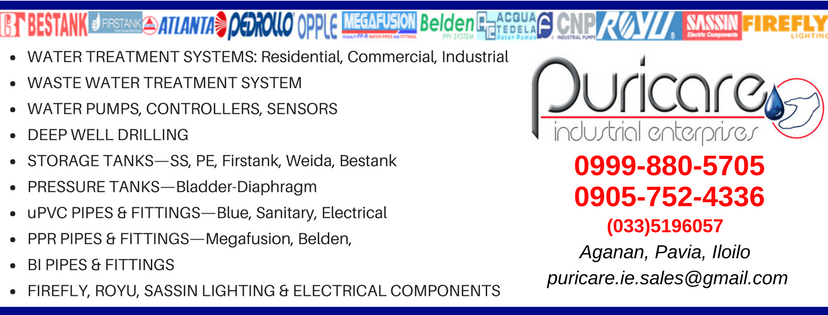...........................................................................................................................................................
Hazards of
Copper Sulfate
By Carolyn LaRoche
Copper sulfate is an ionic compound
composed of copper, sulfur, and oxygen.
It is a widely used, very versatile
molecule. The fiber industry uses it for creating synthetic fibers.
In the metal industry copper sulfate is
used in copper refining.
It is also utilized in the mining
industry, as well as in the printing and paint making industries.
Copper sulfate may burn, but it will not
ignite. There is no concern of it exploding, and if extinguishing is needed,
dry carbon dioxide is the method of choice.
Copper sulfate is stable at normal
temperatures.
When mixed with an acid, copper sulfate
will dissolve; however, no products formed will be hazardous.
Health Hazards
Some people may exhibit a sensitivity to
copper if copper sulfate makes contact with their skin.
Copper sulfate is a severe eye irritant
and can cause substantial damage to the eyes.
If inhaled, the dust can cause
respiratory irritation.
Copper sulfate should not be ingested.
Doing so will cause serious diarrhea and vomiting.
Copper sulfate is not a known
carcinogen.
Environmental
Hazards
Copper sulfate is most easily contained
when dry, but liquid spills can be pumped into waste containers and disposed
of.
Copper sulfate containers should not be
reused, and all materials should be disposed of according to local, state, and
federal legislation.
Carolyn LaRoche began writing professionally in 2010 as a freelance
writer for various websites. She has a Bachelor of Arts in biological
sciences/premedical studies from the State University of New York, Oswego, and
a Master of Science in forensic chemistry from the University of New Haven.

No comments:
Post a Comment